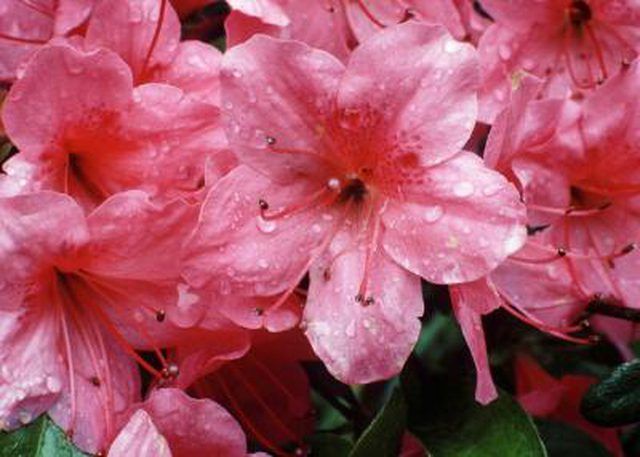Bulbs
Flower Basics
Flower Beds & Specialty Gardens
Flower Garden
Garden Furniture
Garden Gnomes
Garden Seeds
Garden Sheds
Garden Statues
Garden Tools & Supplies
Gardening Basics
Green & Organic
Groundcovers & Vines
Growing Annuals
Growing Basil
Growing Beans
Growing Berries
Growing Blueberries
Growing Cactus
Growing Corn
Growing Cotton
Growing Edibles
Growing Flowers
Growing Garlic
Growing Grapes
Growing Grass
Growing Herbs
Growing Jasmine
Growing Mint
Growing Mushrooms
Orchids
Growing Peanuts
Growing Perennials
Growing Plants
Growing Rosemary
Growing Roses
Growing Strawberries
Growing Sunflowers
Growing Thyme
Growing Tomatoes
Growing Tulips
Growing Vegetables
Herb Basics
Herb Garden
Indoor Growing
Landscaping Basics
Landscaping Patios
Landscaping Plants
Landscaping Shrubs
Landscaping Trees
Landscaping Walks & Pathways
Lawn Basics
Lawn Maintenance
Lawn Mowers
Lawn Ornaments
Lawn Planting
Lawn Tools
Outdoor Growing
Overall Landscape Planning
Pests, Weeds & Problems
Plant Basics
Rock Garden
Rose Garden
Shrubs
Soil
Specialty Gardens
Trees
Vegetable Garden
Yard Maintenance
Is Tea Good for Plants?
Is Tea Good for Plants?. The brewing process for tea releases the leaves' essential oils, vitamins, minerals and flavonoids, which are compounds thought to have health benefits. Tea may benefit your garden or house plants. The same "brewing" process, using organic materials, also can help your plants, according to The Herb Companion...

The brewing process for tea releases the leaves' essential oils, vitamins, minerals and flavonoids, which are compounds thought to have health benefits. Tea may benefit your garden or house plants. The same "brewing" process, using organic materials, also can help your plants, according to The Herb Companion magazine.
Method
Tea contains tannic acid, which is helpful if you're watering your plants with hard water. Hard water has a high salt content visible as a white residue on the sides of a flower pot. Over time, accumulated salts can burn plant leaves and may even kill the plant. Tannic acid neutralizes the hard water, correcting the pH.
Benefits
While all plants can benefit from the occasional splash of tea, tea also makes the soil more acidic. Hydrangeas, gardenias, and azaleas all prefer acidic soil and can benefit from regular applications of tea.
Teas for Plants
An organic liquid fertilizer is essentially a tea made for a plant. Some of these teas are made by mixing water with ingredients such as manure, alfalfa meal or concentrated fish stock. To make a simple manure tea, place a shovelful of well-aged manure into an old pillow case. Tie off the top and suspend it in a 5-gallon bucket of water for a week; dilute the steeped water and use it to water your plants.